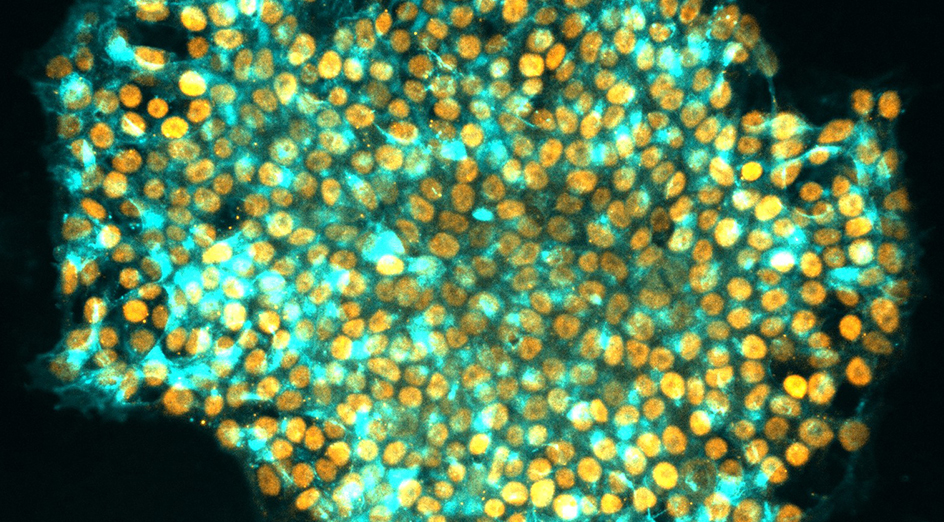iCamuno Biotherapeutics, a pioneering biotechnology firm specialising in induced pluripotent stem cell (iPSC) technologies, has entered into a landmark patent license agreement with The University of Western Australia and Monash University.
iPSC technologies are methods used to turn regular cells into stem cells that can become any type of cell in the body, which can then be used to generate new tissues or organs for regenerative medicine.
The agreement grants iCamuno exclusive global rights to a groundbreaking iPSC reprogramming method known as Transient Naïve Treatment (TNT) reprogramming.
TNT reprogramming, developed by Professor Ryan Lister at UWA and the Harry Perkins Institute of Medical Research, and Professor Jose Polo at Monash University, addresses long-standing issues with epigenetic abnormalities (changes in the regulation of gene expression that don't involve alterations to the underlying DNA sequence) in human iPSCs.

Image: Human iPS cells Credit: Jia Tan, Polo laboratory.
The novel technology corrects problems including epigenetic memory and aberrations in the cell reprogramming process, resulting in superior iPSCs that closely resemble human embryonic stem cells.
iCamuno Scientific Senior Director Matthew Paul McCormack said the company was thrilled to partner with UWA and Monash on the groundbreaking technology.
"Licensing this patent is a significant step in our mission to develop innovative therapies that improve lives," Mr McCormack said.
"The TNT reprogramming method opens new horizons in regenerative medicine."
Professor Lister said the new reprogramming technology offers a simple and effective way to generate iPSCs with improved performance, reliability, and safety.
Professor Polo said the team looked forward to bringing together discovery research and industry innovation in the exciting new agreement with iCamuno.
iCamuno Biotherapeutics leverages proprietary reprogramming technology to create optimised, clinical-grade iPSCs. The company aims to provide universal, effective, and accessible stem cell therapies by integrating advanced techniques in cell differentiation and gene editing.






